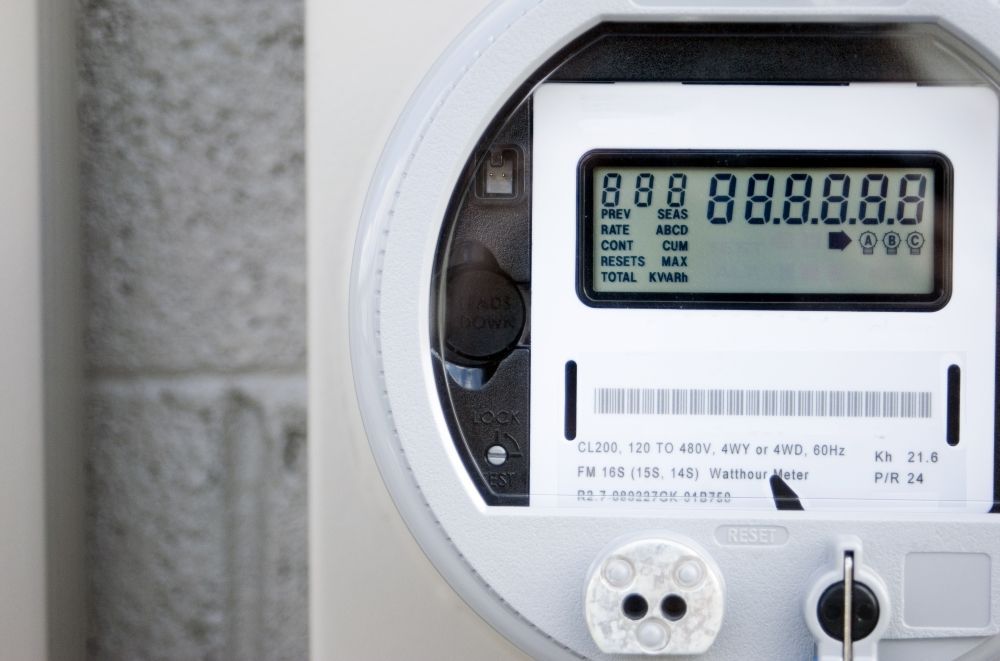The UK government has announced that it is ending ‘unfair’ charges for prepayment meter customers.
Previously, poorer customers on prepayment meters paid more on average for their energy than direct debit customers.
The Department for Energy Security and Net Zero (DESNZ) say that the changes “will help around three million households and save on average £21 a year” as a result.
The government will step in to cover the difference in cost between prepayment meters and direct debits, DESNZ said. Households on prepayment meters pay more than direct debit customers because it costs energy companies more to provide the service, which is passed on to consumers in higher charges.
The announcement comes after Ofgem revised its energy price cap to an average of £2,074 for “a dual fuel household paying by direct debit based on typical consumption, which reflects recent falls in wholesale energy prices”.
The price cap and the scrapping of prepayment charges both take effect from 1 July. The previous Energy Price Guarantee, in effect since October 2022, capped the typical bill at £2,500.
The government said the moves would help to lower inflation, which remains stubbornly higher in the UK compared to comparable countries at 8.7%.
DESNZ say that the fall in energy bills will save the average household around £426, or 17%.
Minister for energy consumers and affordability, Amanda Solloway said:
“No one should be charged more for having a prepayment meter – today, we’re putting an end to this historic injustice. Alongside the hundreds of pounds coming off energy bills from today, thanks to the fall in the price cap – this will offer extra help to ensure families stop being unfairly penalised.”
DESNZ say that the government will fund the end of the prepayment premium until April 2024, with Ofgem looking at plans to end it completely after that date.
“The government is clear moving customers to prepayment meters must always be the very last resort,” DESNZ said. In March, the UK government revealed that OVO Energy, Scottish Power and British Gas have been responsible for over 70% of forced prepayment meter installations in 2022.
UK government figures show that they spent nearly £40 billion between October 2022 and March 2023 to keep household and business energy bills down.





